We live in a rapidly changing world. We must adapt with those changes to ensure that everyone, everywhere, has access to the healthcare they need and at a price they can afford.
In Africa, we know that this change is driven in large part by six factors:
Universal Health Coverage (UHC) ensures everyone can access quality, affordable healthcare. Before COVID-19, only 46% of Africans had needed care (State of UHC Report, 2021), and the pandemic likely reduced this further. Achieving UHC is essential to ease disease burdens and strengthen global health security.
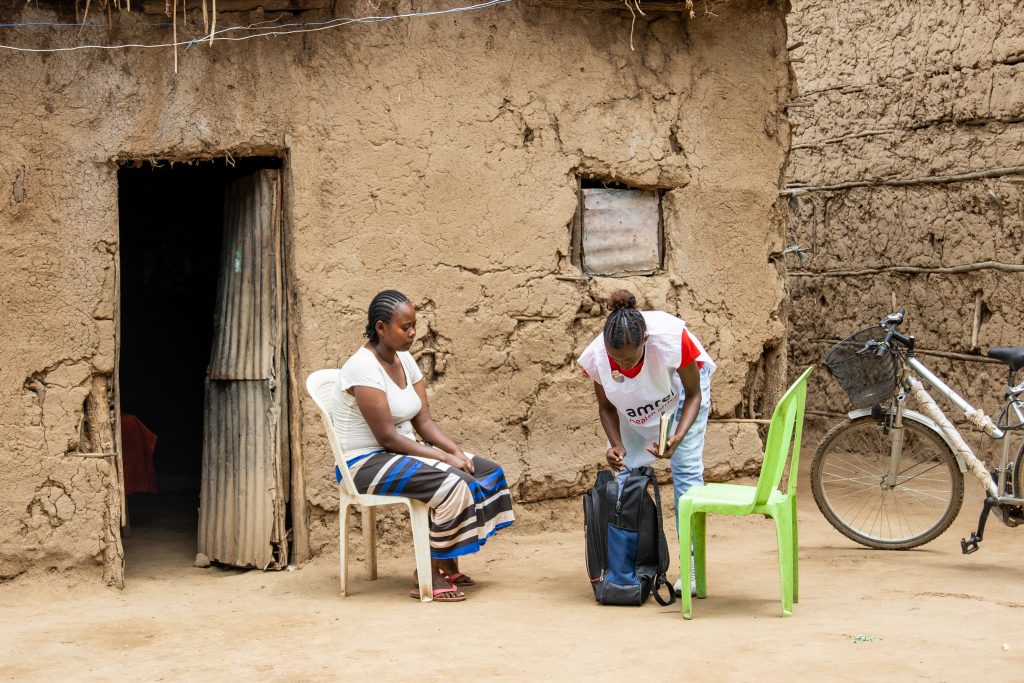
Rising global temperatures pose the greatest threat to human health. Despite contributing least to emissions driving climate change, African communities face some of its most severe impacts, endangering lives and livelihoods across the continent.
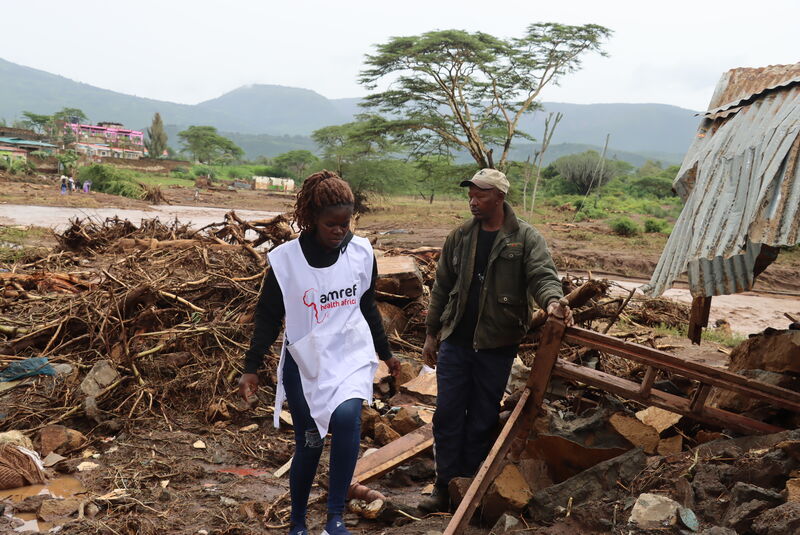
About 60% of Africans are under 25 (World Economic Forum, 2023). Many are moving to cities in search of opportunities, but rapid urbanisation brings health risks—from poor sanitation in crowded areas to pollution and sedentary lifestyles driving non-communicable diseases.
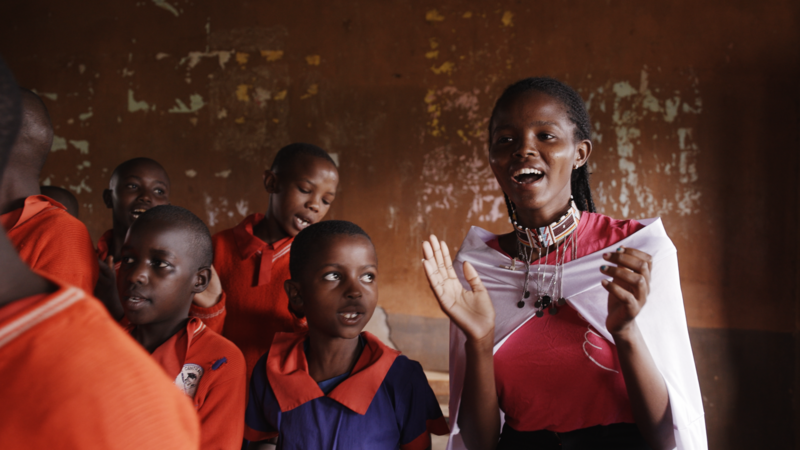
Every year more than 100 health emergencies happen in Africa (WHO-AFRO, 2022). These include disease outbreaks of infectious diseases such as measles, mpox, or Ebola. Many of these emergencies are preventable with health interventions to prepare for, detect, and respond to health emergencies.
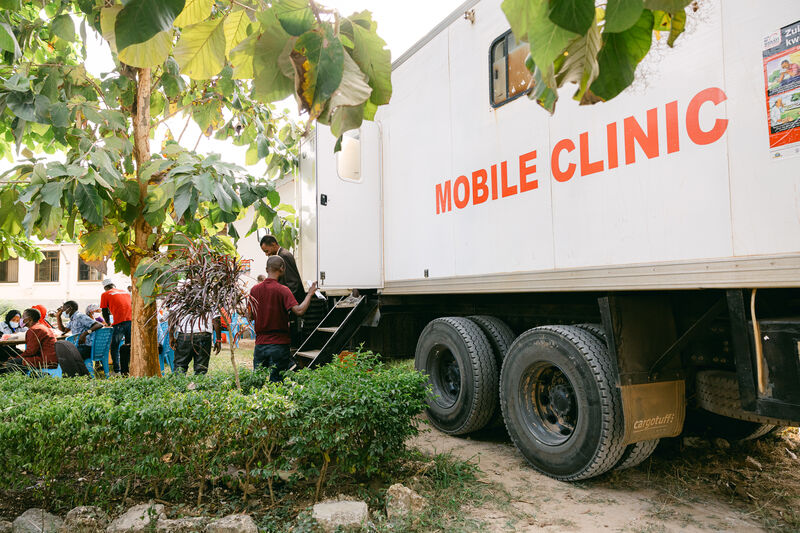
Conflict always affects regular people and their lives. Conflicts force people to move from their homes – to be displaced both temporarily and permanently. It destroys critical infrastructure and services including hospitals, schools, and sanitation systems. It creates acute humanitarian crises including malnutrition and famine. The lethal damage of conflict often leaves people with no access to healthcare.
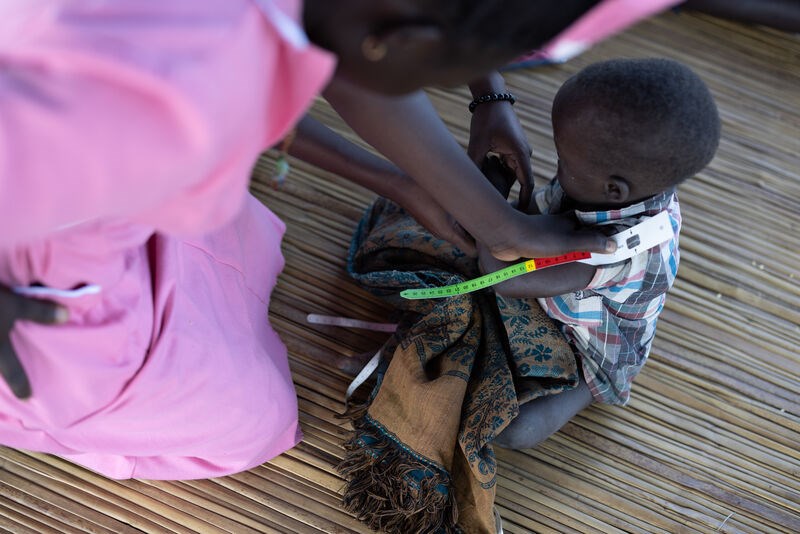
Technological advances—when harnessed effectively and responsibly—can be transformational for a health system. Digital solutions such as AI and blockchain support everything from how, and how quickly, a person gets a diagnosis to training health workers and predicting health emergencies.

Rapid change is the backdrop to our work to create lasting health change.
Our strategy crystallises our mission to achieve this into two clear goals: catalyse and drive community-led and people-centred primary healthcare systems, and address the social determinants of health to increase equitable access to health.
The strategy is aligned with key regional and global policies and strategies that will shape Africa’s health agenda. These include the WHO’s Sustainable Development Goals (SDGs), Universal Health Coverage (UHC) 2030, and the African Union’s Africa Health Strategy.
Primary care is the first contact with the health system, offering general services for common illnesses. It’s a people-centred, integrated approach that addresses social, environmental, and economic factors, focusing on prevention and empowering individuals with knowledge and tools to stay healthy throughout life.
Social determinants of health are the conditions in which people are born, live, work, and age—shaped by economic, social, and political systems. Factors like education, food, employment, gender, and climate impact health, often more powerfully than healthcare access or individual lifestyle choices.
Header image: Members of the Sanitation Club of St. Peter and Paul Primary School demonstrating how a tippy tap works. © Amref Health Africa / Ambrose Watanda
We use technologies like cookies to improve your experience. Consenting to these technologies will allow us to process your data. You can select which to accept using ‘view preferences’.